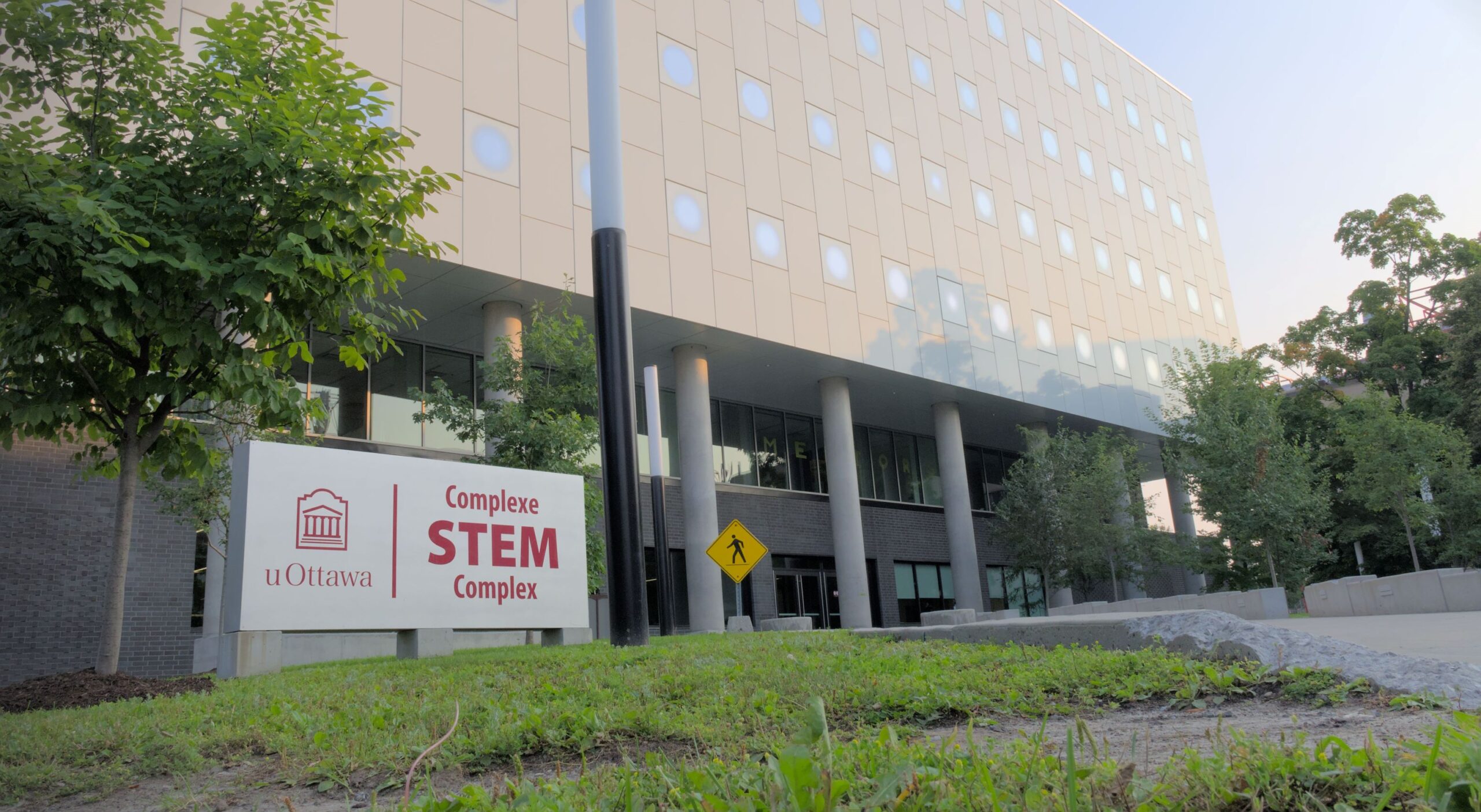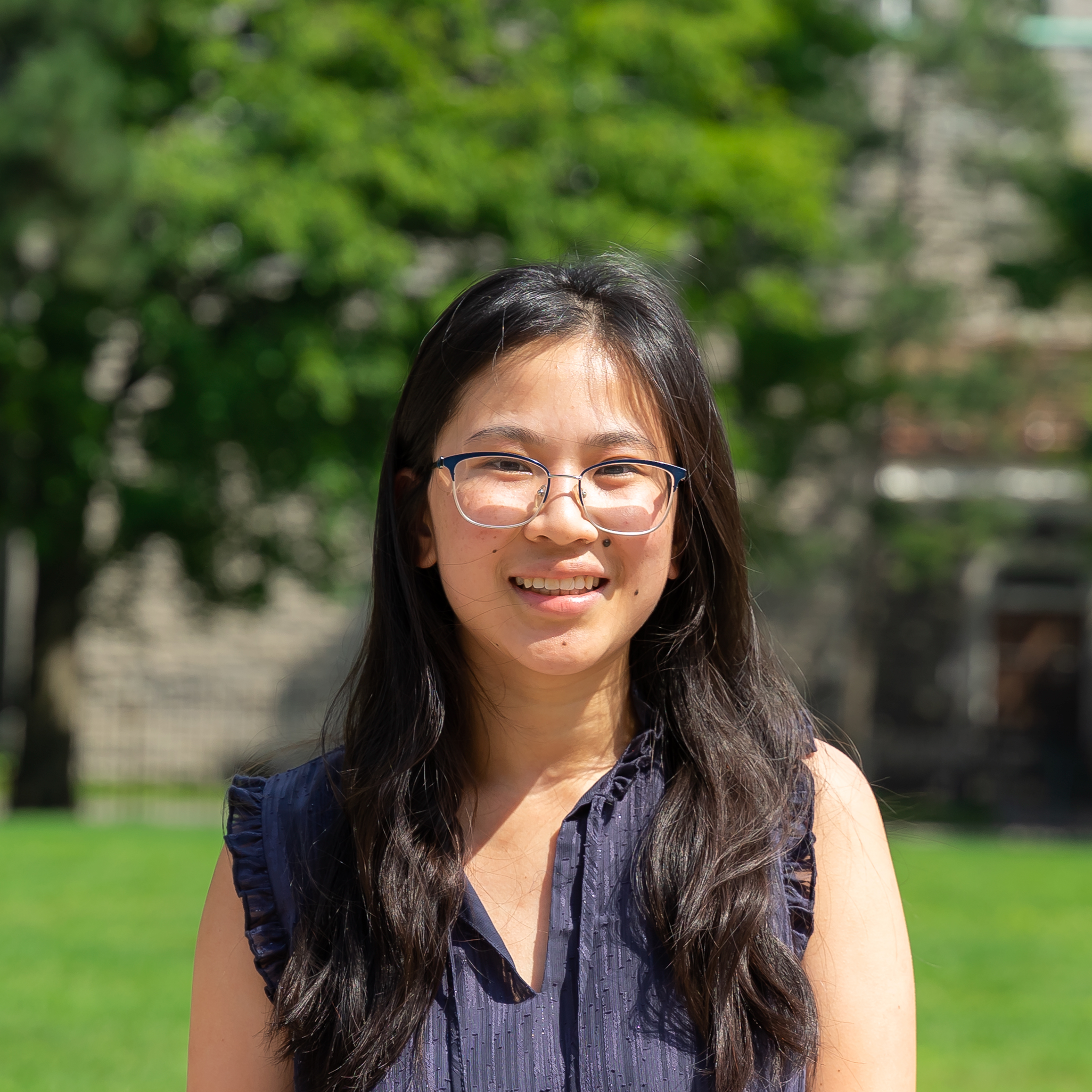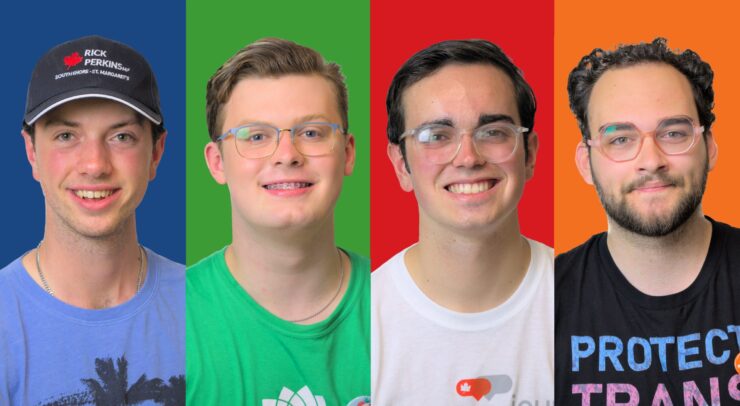NO, THEY CAN’T MAKE KILLER ROBOTS, WE DIDN’T ASK
Ever wondered what’s going on inside the mind of a biomech student? You’re in luck! The Fulcrum, sat down with Marissa Ruth (MR) and Ginger Pakrul (GP) — third-year U of O biomedical mechanical engineering (yes, that’s the whole name) students — to help us gain insight into a program that many aren’t very familiar with.
Why did you pick this program?
MR: I was interested in math as well as science. Originally, I was more involved in medical sciences but I didn’t want to lose a lot of the math courses (calculus). So I moved to engineering and found biomedical engineering and I knew this was something I wanted to do.
GP: [While researching programs in high school] I liked how broad it was, it meant later down the road if I didn’t want to do more medical stuff, I could go a more mechanical route. The [flexibility] opens a lot of doors for where you want to branch off eventually.
What’s one misconception about your major?
GP: I think the main one is the name itself, [when you hear] biomedical mechanical engineering you think it’s going to be a lot of medical (biology) focus, which there are some courses like anatomy, health sciences, etc. But when you get into the program I find there’s more of a focus on the mechanical side. Not that it changes anything about how I feel about the program but it’s something I wish I knew before.
Has the program met your expectations so far/ are you satisfied with your choice?
MR: I’m definitely happy with my choice, I will admit in first-year I was iffy about it because it was mostly mechanical courses, but after second-year we dove further into biomedical topics and I was sure that this is what I wanted to keep doing.
Since their first-year was online, Pakrul feels like she missed out on the full campus experience which included missing hands-on labs and tutorials. However, overall she feels much better about her second and third-year.
What’s something you’d tell your past self about this program?
MR: I would tell myself to go for those group projects more, or even just to try working with other people more. In order to get a more varied perspective on what we’re learning.
GP: This might sound cliché but, I’d tell myself university is not like high school and that it’s much harder. [I’d say] to emphasize learning skills and be ready to be adaptive to different classes, projects, and subjects.
Who would you recommend this program to?
MR: I would recommend this to someone who has multiple interests in engineering, math and biology. Although biology is not covered as much, having the motivation to learn about a lot of different subjects is important.
GP: I would recommend this program to someone who is willing to be open-minded about the variety of courses they might have to take. Although the name is medical mechanical you’ll take circuit courses and others that are more abstract.
For those interested in hearing from more students in engineering, check out confessions of a computer science major.






